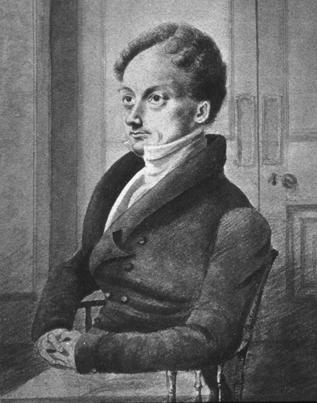Liberty Matters
Buchanan and the Challenge of Unbiased Sympathy
 I earlier wondered whether “some of [James M.] Buchanan’s readers tend to miss the role that unbiased sympathy (or something very similar) plays in Buchanan’s constitutional project in much the same way that it can be all too easily overlooked when assessing the merits of Mill’s worst-case thinking.” As Sandra herself aptly noted, the all-too-thorny problem of how we might “move from here to there and, indeed, what ‘there’ is … is a problem that has puzzled political economists as different as James Buchanan and Amartya Sen. It’s a problem that is particularly vexing in the context of partiality (if we all were to gain it would be relatively straightforward to induce the change) … [and] factions that stand to lose through institutional reform.”
I earlier wondered whether “some of [James M.] Buchanan’s readers tend to miss the role that unbiased sympathy (or something very similar) plays in Buchanan’s constitutional project in much the same way that it can be all too easily overlooked when assessing the merits of Mill’s worst-case thinking.” As Sandra herself aptly noted, the all-too-thorny problem of how we might “move from here to there and, indeed, what ‘there’ is … is a problem that has puzzled political economists as different as James Buchanan and Amartya Sen. It’s a problem that is particularly vexing in the context of partiality (if we all were to gain it would be relatively straightforward to induce the change) … [and] factions that stand to lose through institutional reform.”I recently came across an interview with the late Professor Buchanan in which he addresses these points[91]
I interpret the part of the spectator as Smith (and of course, I'm putting my spin on it ; I don't deny that at all putting my spin on it), namely, you interpret that as Smith’s way of getting at the problem that Jack Rawls was getting at, namely, how do you, in fact, derive a legitimacy for the system of natural liberty from individual people that are just “out there.” We know there is no impartial spectator. On the other hand, how can you imagine a setting in which you could say, well, this would be a desirable aspect, this system of natural liberty. And the impartial spectator gives you a handle on it, just like Rawls’s veil of ignorance gives you a handle on it.
Endnotes
[91.] James M. Buchanan, Masazumi Wakatabe, Yong J. Yoon, "Adam Smith, James Buchanan, and Classical Liberalism," The History of Economic Thought, vol. 48 (2006), no. 1, pp. 124-138. <www.jstage.jst.go.jp/article/jshet2005/48/1/48_1_124/_article>.
Copyright and Fair Use Statement
“Liberty Matters” is the copyright of Liberty Fund, Inc. This material is put on line to further the educational goals of Liberty Fund, Inc. These essays and responses may be quoted and otherwise used under “fair use” provisions for educational and academic purposes. To reprint these essays in course booklets requires the prior permission of Liberty Fund, Inc. Please contact oll@libertyfund.org if you have any questions.